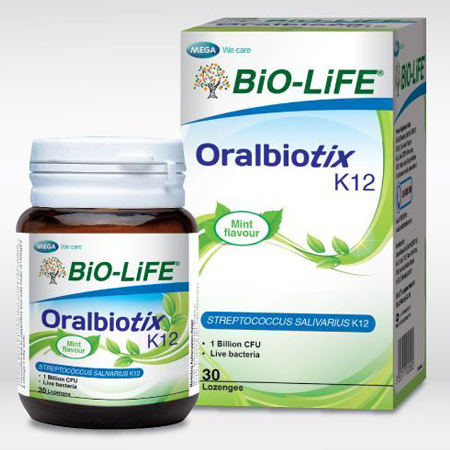Health Assessment
Free online assessment on your digestive tract’s health.
Answer the questions below to assess the health of your digestive tract.
What is Probiotic?
Probiotic is also known as good or helpful bacteria because they are beneficial to human’s health when consume.
Read More
General Digestive Health
- Contains 7 strains of probiotics
- Competes with harmful bacteria for a limited number of binding sites
- Restores intestinal microflora balance
- Improves digestion
- Improves nutrient absorption

Sensitive Stomach
L. plantarum 299v has extensive clinical studies on improving stomach health
- Supports and strengthen intestine cell
- Reduces the growth of bad bacteria
- Promotes growth of other beneficial bacterial

Oral Health
Streptococcus salivarius K12 is a probiotic strain useful for oral and throat
- Competes with harmful bacteria for nutrient and space
- Enhances oral health
Did You Know?

Approximately 100 trillion bacteria cells live at human body. Digestive tract alone contains more than 400 bacterial species.

Irritable bowel syndrome also known as Sensitive stomach affects women 3 times more than men.

About 30% of Malaysian adults were found to have oral health problems which affected their quality of life such as self-confidence, problems with social interaction and pain during eating.
- Canny, G. O. & McCormick, B. A. (2008). Bacteria in the intestine, helpful residents or enemies from within. Infection and immunity, 76(8), 3360-3373.
- Kim, Y. S., & Kim, N. (2018). Sex-Gender Differences in Irritable Bowel Syndrome. Journal of neurogastroenterology and motility, 24(4), 544–558. doi:10.5056/jnm18082
- Source from https://www.thesundaily.my/archive/1733164-LSARCH355940
